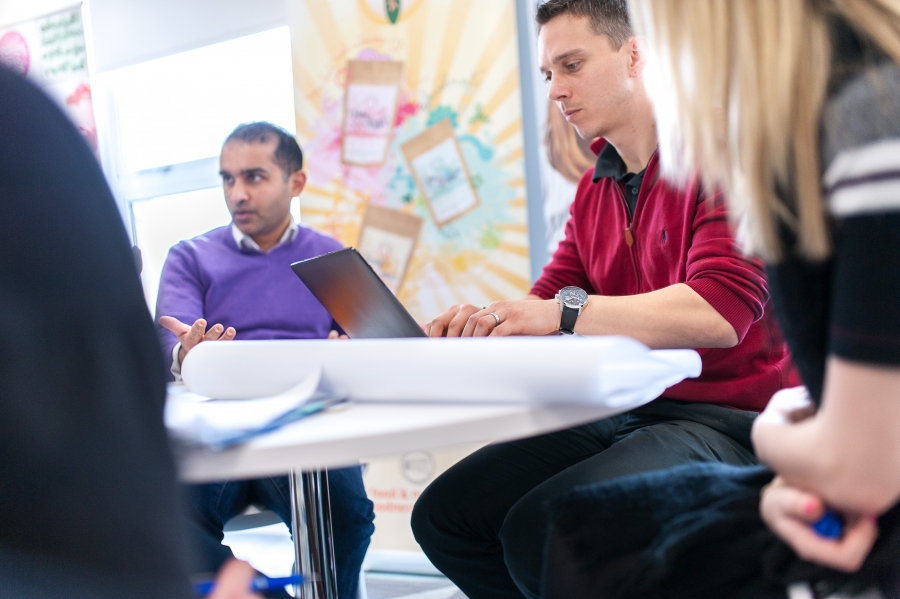According to the Future of Skills (Employment in 2030) by Pearson, Nesta and Oxford Martin, in 2019 71% of work was carried out by humans and 29% by machines. By 2022 this is set to change to 58% by humans and 42% by machines, ironically this means soft skills could be more crucial than the technology skills or at least as important and yet these unique human skills fight to be given the centre stage they deserve.
Young people have so much technology in their lives and this can have a detrimental impact on their human skills. At the beginning of the year 2000 there was no:
YouTube, Vlogging, Wikipedia, WhatsApp, Snapchat, Skype, Spotify, Siri, Facebook, Twitter, Instagram, Tik-Tok etc.
All these platforms are fantastic and magical, helping to make lives richer and definitely easier but this does mean young people are spending more time on devices and less time communicating and the trouble is that all skills, technical, practical or soft, will be affected by not using them and there is a danger of churning out human robots rather than employable young people.
If students are to be ready for work post-education, educators need to prioritise the following skills which bridge the gap between humans and artificial intelligence:
- Engage: Your social skills and the ability to connect authentically
- Listen: Slowing down and asking questions from a place of curiosity
- Empathise: A genuine desire to understand someone else’s experience
- Collaborate: Build, manage and collaborate in the teams of the future
- Inspire: Storytelling, influencing, persuading and articulating your ideas
Great teachers realise that students who have the best academic results are not necessarily the ones that are most prepared for life after schools and in work. They may be brilliant at maths and able to quote huge chunks from Shakespeare but in the future of work they will need to organise a team to achieve results, be able to have control over their emotional state, inspire and persuade others their ideas are worth investing in and build successful working relationships.
Schools are in a unique position to lay down the foundation stones in these skills and need to find ways to incorporate them into the curriculum. STEM skills in some ways are easier to teach and evaluate and there is often a misconception that you can only build soft skills from life experience and so they cannot be taught, but this is simply not true, and teachers can provide opportunities for soft skills development to be integrated naturally into their lessons. Below are some examples and suggestions:
- Build a healthy growth mindset and help students overcome their fear of failure, take initiative, and keep going even when they fall. This also breeds confidence and resilience and a willingness to try new things.
- Get them working in groups and find opportunities for them to practice organising and leading a team or collaborating successfully with others. This gives them a chance to manage deadlines, work towards goals and communicate effectively with their teammates.
- Create situations where they have to present their ideas and inspire others.
- Teach the art of storytelling either by leading by example or asking them to tell their own stories to illustrate key points in a presentation.
- Encourage reflection and self-awareness by including questions about their personal responses in normal classroom activities – questions like “How did you feel?” What would you have done differently?” “What have your learnt about yourself?” “What was your contribution?” etc
- Introduce simulations and role plays into the classroom to create a safe space to work on their communication skills and encourage constructive feedback which focuses on what could be improved upon in the future.
All of these ideas will really help to make students develop their human skills and stand out in a more automated workplace. Now’s the time to prepare our young people so they are in the best place to maximise on the opportunities coming, but this is not all about the future, the skills we are talking about have always been important and will make a huge difference not just in their work but also in their personal lives.
![]() Looking for more resources to support your teaching and learning? Check out the best education technology resources on our sister platform EdTech Impact.
Looking for more resources to support your teaching and learning? Check out the best education technology resources on our sister platform EdTech Impact.


















